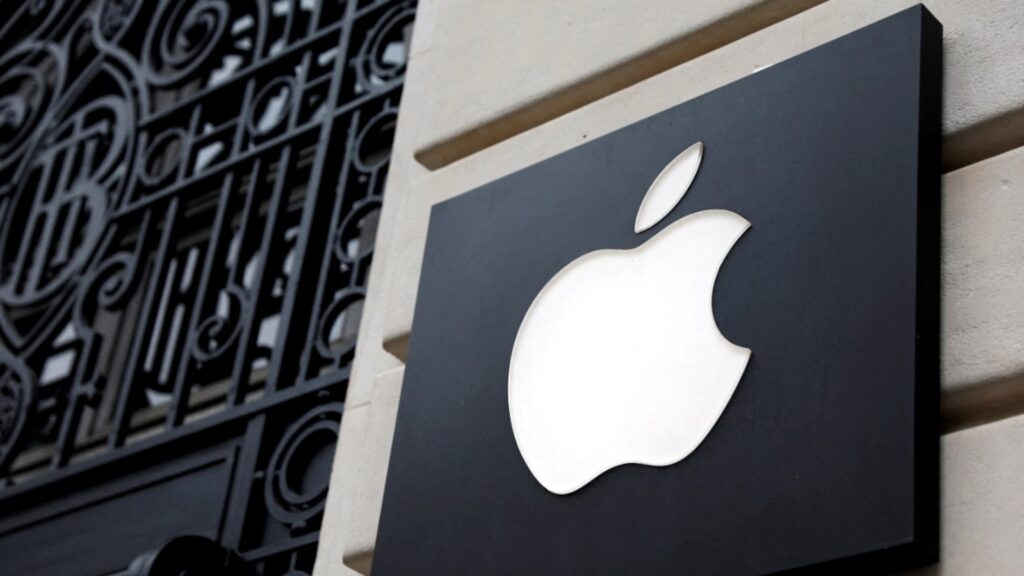Apple Inc. will invest an additional Ksh.12.9 trillion ($100 billion) in the United States over the next four years, bringing its total domestic commitment to an estimated Ksh.77.5 trillion ($600 billion), according to a senior White House official. The new investment is expected to be formally announced during an event at the White House with President Donald Trump.
The latest commitment builds upon Apple’s 2021 pledge to invest Ksh.55.6 trillion ($430 billion) in the U.S. and add 20,000 jobs by 2026. In February, Apple had already increased that target, saying it would exceed $500 billion in investments an announcement President Trump swiftly claimed credit for, highlighting it as a sign of his administration’s economic policies bearing fruit.
Apple’s move marks its “largest-ever spend commitment,” underscoring the tech giant’s strategic efforts to bolster domestic operations amid intensifying global competition in artificial intelligence (AI) and increasing political pressure to localize manufacturing.
The announcement comes at a time when the Trump administration has aggressively pursued policies aimed at reshoring American manufacturing. Through the imposition of tariffs on key trading partners, including China, the administration has created incentives for companies like Apple to expand operations on U.S. soil.
However, these tariffs have come at a cost. Apple, which relies heavily on a global supply chain, has had to absorb additional expenses due to duties on iPhones and other devices imported from abroad. Despite these challenges, the company reported a robust quarterly profit of Ksh.3 trillion ($23.4 billion) in late July, surpassing market expectations.
While critics argue that the tariffs ultimately raise prices for consumers and strain corporate margins, proponents suggest that they are effective in compelling companies to invest domestically.
As Apple looks to lead in the rapidly evolving AI space, its renewed investment signals a long-term commitment to expanding innovation and manufacturing in the United States. The announcement is expected to spark both political debate and investor interest as Apple continues to navigate the intersection of business, technology, and geopolitics.

